North American Institutional Investors Maintain Long-term Mindset Amidst Uncertainty and Prioritize Private Markets Investments, Schroders Survey Finds
Alex Schaffer, Prosek Partners
aschaffer@prosek.com
646.818.9035
Jennifer Manser, Schroders
Jennifer.Manser@schroders.com
212.632.2947
North American institutional investors are pushing aside the noise this year’s volatile election cycle is bringing, according to global asset manager Schroders, which today released the North American findings of its Global Investor Insights Survey.
The survey analyzes the investment perspectives of global financial professionals on a range of topics across investment sentiment, sustainability and public and private markets. North American respondents are from different institutional segments, including pension funds, insurance companies, family offices, endowments and foundations, and official institutions.
This year’s survey found that almost two-thirds (63%) of North American institutional investors believe that the elections taking place globally this year are short-term noise and are remaining committed to their long-term investment strategy, compared to less than half (45%) of global institutions. Across segments, endowments and foundations most strongly agree with this mindset with 77% of investors calmly staying the course.
Monetary policy and the economy drive portfolio decisions
Monetary policy and economic uncertainty are top-of-mind concerns in terms of institutional portfolio performance. North American institutional investors anticipate that central bank policy (75%), high interest rates (71%) and the potential for an economic downturn (62%) will have the highest influence over clients and overall portfolio performance over the next 12 months. Inflation risk was also a key factor for 63% of pension funds, as was geopolitics for insurance companies (62%) and endowments and foundations (70%).
“Many institutional investors understand that the immediate impact the election has on the markets is temporary and that a well-informed, long-term view is crucial in constructing a resilient investment strategy. However, that still leaves nearly two in five institutions that are changing their risk profile, demonstrating that many anticipate long term policy changes tied to the results,” said Adam Farstrup, Head of Multi-Asset, Americas. “We may not know the outcome of the election, the next turn in markets, or the next geopolitical surprise – however, building a broadly diversified portfolio meant to weather various market cycles and events is key to pursuing strong returns amid all economic concerns, known and unknown.”
AI adoption somewhat slow, but interest is there
Additionally, Artificial Intelligence (AI), is beginning to make its way into institutions and their investment processes. A majority of North American institutions across segments have either a somewhat positive or very positive sentiment towards incorporating AI into their work, particularly within investment research and portfolio construction internally (59%) and for internal operational processes within one’s organization (54%). Despite this, not that many institutions have actually incorporated it. Only about a third have adopted AI for internal operational efficiency (34%) and for investment research and analysis (31%). Additionally, nearly one in five (20%) North American institutions are not currently using AI but have plans to do so over the next one to two years.
The technological revolution spurs private market investment opportunities
Seventy-three percent of North American institutional investors surveyed highlight that they currently invest in private markets, with the highest percentage being from endowments and foundations (80%).
Within the asset class, respondents overall identified private equity and private debt as the top two areas where they will increase allocation over the next 12 months. Fifty-six percent of pension funds in particular selected private debt as a top choice, followed by infrastructure debt and renewable infrastructure equity (both 37%). This is in line with data finding that North American institutional investors also see investing in private markets as a way to capture opportunities brought about by the energy transition, with overall respondents identifying power grid infrastructure (62%) and emergent technologies like hydrogen and carbon capture (47%) as the best investment opportunities amid this shift.
In addition to the energy transition, the survey also identified technology as a key theme driving private equity investment. Sixty-three percent of respondents identified the technological revolution, defined as a period where new technologies are rapidly adopted and spread causing significant changes in society and the economy, as a theme or sector that they are seeking to proactively allocate to via private markets in the next one to two years.
Additionally, private markets opportunities within fixed income are appealing to North American institutional investors, with over half (56%) noting that the biggest investment opportunity in the asset class over the next one to two years is private credit, slightly higher than the global institutional average of 47%. Different forms of private debt offer protective characteristics such as lower volatility and increased income opportunities that investors may be evaluating for their portfolios.
Nick Thompson, Head of Private Asset Sales, North America, commented, “As institutions search for diversification amid a set of increasingly volatile macroeconomic conditions, it is no surprise that investor momentum for private market strategies is continuing. We are seeing ample opportunity across the private markets spectrum to capitalize on the major themes impacting our world today, such as technology and the energy transition, as well as deglobalization, changing demographics and a changing interest rate and inflation landscape. Specialization and the complexity premium are the keys to unleashing private markets alpha in this stage of the cycle.”
About Schroders Global Investor Insights Survey:
The Schroders Global Investor Insights Survey analyzes the investment perspectives of global financial professionals on a range of topics across macro themes, sustainability, and public and private markets. The 2,830 respondents represent a spectrum of institutions, including pension funds, insurance companies, family offices, endowments and foundations, official institutions, gatekeepers and wealth and financial advisers. The respondent universe is collectively responsible for US$74.5 trillion in assets.
The research was carried out by CoreData Research via an extensive global survey during June-July 2024. The 2,830 respondents were split as follows for specifically institutional investors - 216 from North America with 114 in the United States, 92 from Canada and 10 in Bermuda.
Respondents are from 33 different locations.
Any opinions expressed reflect our results as of July 2024. They are not intended to be a forecast or guarantee of future results. Throughout the report, we complement our global findings with regional results and insights from Schroders experts.
Schroders plc
Schroders is a global investment manager which provides active asset management, wealth management and investment solutions, with £773.7 billion (€912.6 billion; $978.1 billion) of assets under management at 30 June 2024. As a UK listed FTSE100 company, Schroders has a market capitalisation of circa £6 billion and over 6,000 employees across 38 locations. Established in 1804, Schroders remains true to its roots as a family-founded business. The Schroder family continues to be a significant shareholder, holding approximately 44% of the issued share capital.
Schroders' success can be attributed to its diversified business model, spanning different asset classes, client types and geographies. The company offers innovative products and solutions through four core business divisions: Public Markets, Solutions, Wealth Management, and Schroders Capital, which focuses on private markets, including private equity, renewable infrastructure investing, private debt & credit alternatives, and real estate.
Schroders aims to provide excellent investment performance to clients through active management. This means directing capital towards resilient businesses with sustainable business models, consistently with the investment goals of its clients. Schroders serves a diverse client base that includes pension schemes, insurance companies, sovereign wealth funds, endowments, foundations, high net worth individuals, family offices, as well as end clients through partnerships with distributors, financial advisers, and online platforms.
Issued by Schroder Investment Management Limited. Registration No 1893220 England. Authorised and regulated by the Financial Conduct Authority. For regular updates by e-mail please register online at www.schroders.com for our alerting service.
Important Information: All investments involve risk, including the loss of principal. The views and opinions contained herein are those of the author(s) or the individuals quoted and do not necessarily represent Schroder Investment Management North America Inc.’s (SIMNA Inc.). These views and opinions are subject to change. This communication is intended to be for information purposes only and it is not intended as promotional material in any respect. The material is not intended as an offer or solicitation for the purchase or sale of any financial instrument and should not be relied on for accounting, legal or tax advice. Information herein has been obtained from sources we believe to be reliable but SIMNA Inc. does not warrant its completeness or accuracy. No responsibility can be accepted for errors of facts obtained from third parties. Reliance should not be placed on the information in this document when making individual investment and/or strategic decisions. Diversification cannot ensure profits or protect against loss of principal.
Schroder Investment Management North America Inc. (“SIMNA Inc.”) is registered as an investment adviser, CRD Number 105820, with the US Securities and Exchange Commission and as a Portfolio Manager, NRD Number 12130, with the securities regulatory authorities in Canada. It provides asset management products and services to clients in the United States and Canada. Schroder Fund Advisors LLC (“SFA”) markets certain investment vehicles for which SIMNA Inc. is an investment adviser. SFA is a wholly-owned subsidiary of SIMNA Inc. and is registered as a limited purpose broker-dealer with the Financial Industry Regulatory Authority and as an Exempt Market Dealer with the securities regulatory authorities in Canada. SIMNA Inc. and SFA are wholly-owned subsidiaries of Schroders plc, a UK public company with shares listed on the London Stock Exchange. Further information about Schroders can be found at www.schroders.com/us or www.schroders.com/ca.
View source version on businesswire.com: https://www.businesswire.com/news/home/20241017949665/en/
 Business wire
Business wire 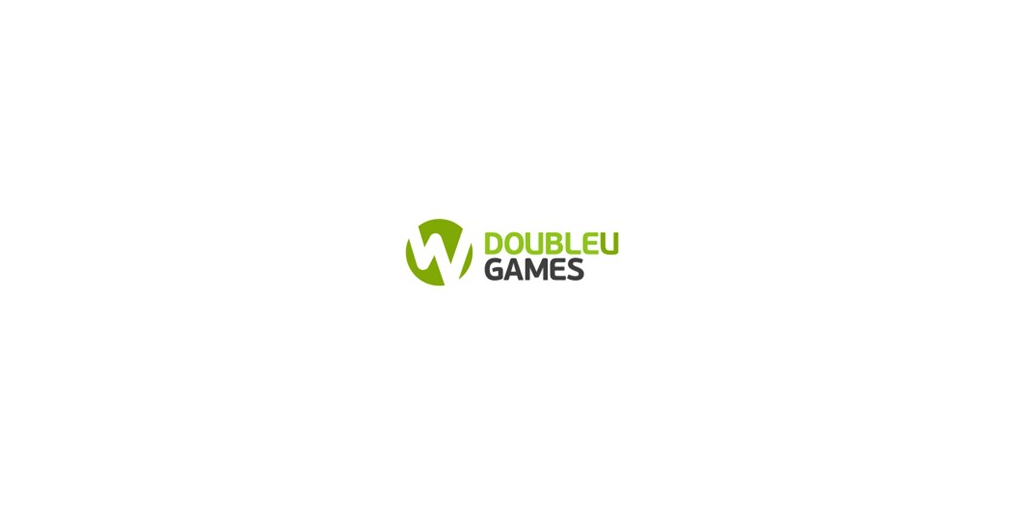

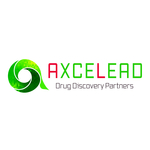
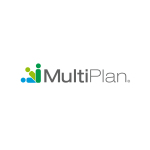
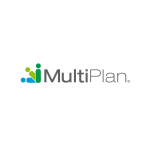
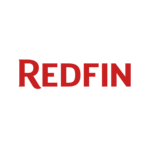

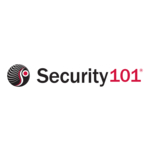
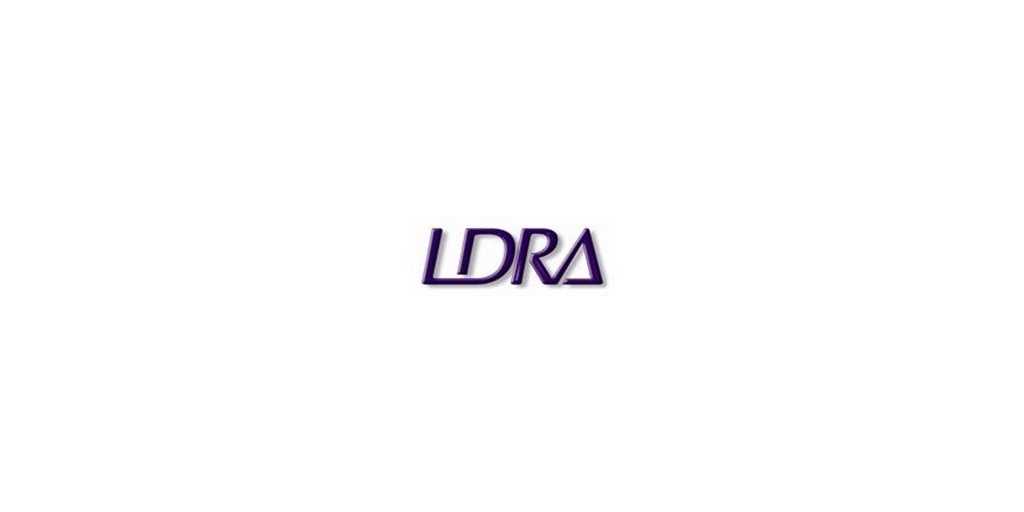
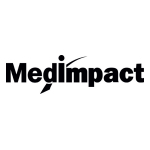
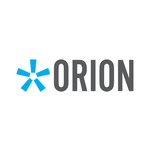
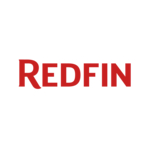
Add Comment